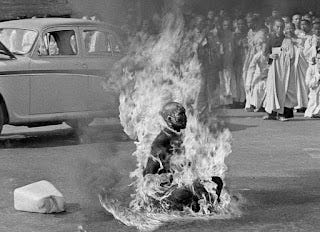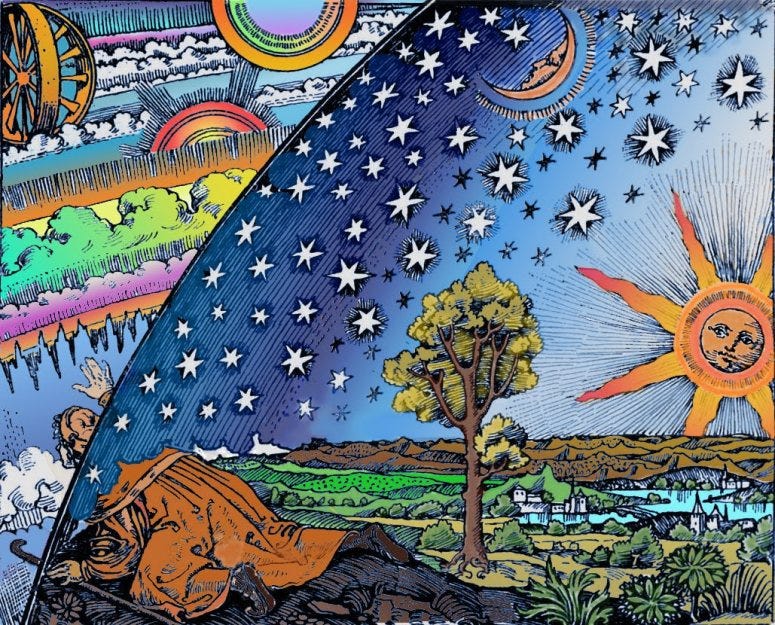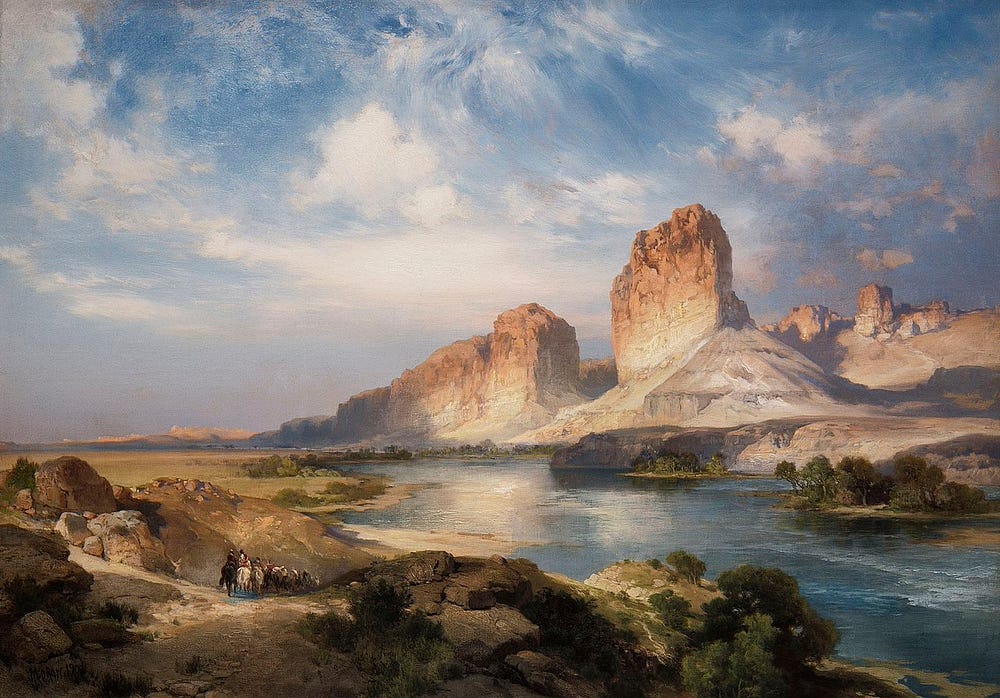On Music #1: Kyuss
Kyuss was a stoner rock/metal band from the early 90s based in Palm Desert California. Initially believing themselves to be a punk band, the group soon embarked on a sound influenced by their arid surroundings and the beer-soaked, sensuality of the stoned-out high schoolers. They became synonymous with the music scene of Palm Desert in the 90s. After disbanding in 1995, members went on to various other bands (Queens of the Stone Age, Fu Manchu, Screaming Trees).
Their second album is a masterpiece, and their third is a close second. Wretch, their first album is not as good (though underrated with fiery more punky/thrashy tracks such as Love Has Passed Me By, Katzenjammer, I’m Not, and the cathartic Son of a Bitch) but demonstrated a proximity to the explosive gold of their 2nd album. Their fourth and final album is their worst and unsurprisingly so, considering the band had significant internal issues which stifled creativity and integral drummer Brant Bjork had left the band at this point. For this reason, I will focus my adoration on their second and third records: Blues for the New Sun and Welcome to Sky Valley
Blues for the New Sun is a towering album in the stoner rock/metal scene. The album is an ode to flame. This is a world of spacey infernos, listeners are transported through space, but it is not the cold and hollow space of other more doomy metal acts, this is a world in which the Sun engulfs the Earth, where the universe overheats, aptly envisioned in the third song Molten Universe. The opening song Thumb paints a conflated Promethean myth in which vocalist Garcia forcefully declares “You’ve been burned by my lighter”. The gift of flame is given with no consideration, and it is humans who will endure the consequences.

There is no contradiction or dishonesty in Blues for the New Sun. It is a singular ontology of immolation, whether slow burn or a blaze. The dynamic journey of 50 Million Year Trip (Downside Up) feels like the blistering progression of wildfire, while Apothecaires’ Weight feels like a weed-induced catatonia. There is something very immobile about the song, as if a dim flame is struggling to maintain itself.
Human beings just like everything flames destroy are equated to materialistic objects, unfit to stop the destructive progression. “Everyone seems to be singing for Satan/Guess I will too” Garcia laconically sings in the smoldering Writhe like a teenage nihilist. The accelerative destruction of flame and the world itself is most poignantly shown in the thrashy Green Machine in which the lyrics acknowledge that the band is both a component of a system and its downfall. Baudrillardesque.

The sore thumb of the album, Capsized, is the most ominous song, the shortest (if we don’t count the ridiculous 4-second Yeah), and arguably the most spiritual. At 55 seconds long, the drumless and vocal-less acoustic riff feels out of place and seems to demonstrate an eerie disconnection from reality, as if humanity is approaching a point of no return, forgetting a previous life. As the riff plays, another acoustic melody shimmers in the background, like a last attempt by angelic luminaries to converse between the firmament.
The album then transitions to the fiery and physical Allen’s Wrench, yelling that all we get is an Allen’s Wrench. Garcia’s vocals might as well emit fire.
Mondo Generator is the climax of the album’s philosophy. The song is the only one to feature vocals from bassist Nick Oliveri, but the obscure and neurotic vocals played through a distorted and echoing guitar amp seem inhuman. It is difficult to confirm any concrete lyrics in this devouring inferno. The song almost becomes impressionistic in this respect. Is this even a human singing, or is it just the flame? Is this a human spirit trapped inside a vortex of flame grasping at any attempt to not be fully devoured by the inferno, or if this is already a world of only fire? Only flames protrude as the blazing maelstrom enlarges.
Welcome to Sky Valley is less an ode to infernos and humanity's relationship with fire, rather it is more of a meditation on the wild and grand Californian wilderness. These reflections are shown in the existential and ominous backdrop of the music, as well as the much wider and open recording. It often sounds as if the band is playing outside. There is distance.

It must be addressed that Garcia’s vocals are significantly second fiddle on this album. Perhaps due to this mixing or the smoky torture that they endured from the band’s last record. Whitewater is a prime example of Garcia’s vocals occupying the position as more of an embellishment to the mayhem of Homme and Reeder’s guitars and Bjork’s furious drums. The song is the band’s last final war charge, of natural carnage. Garcia’s voice struggles to stay afloat as the Whitewater rapids roar and roar as the listener is left to survive her currents through all her tumults and lulls.


No comments:
Post a Comment